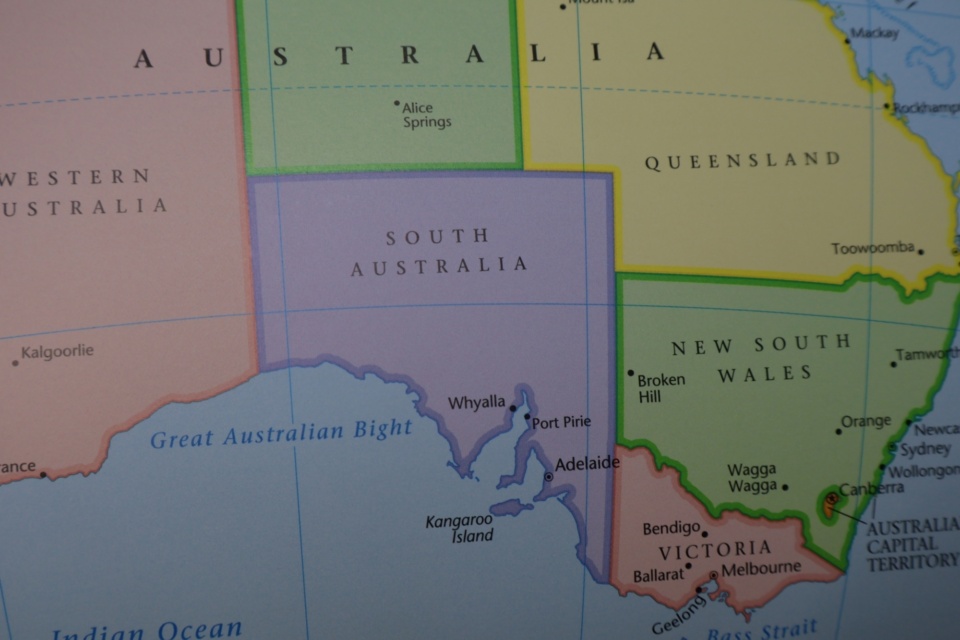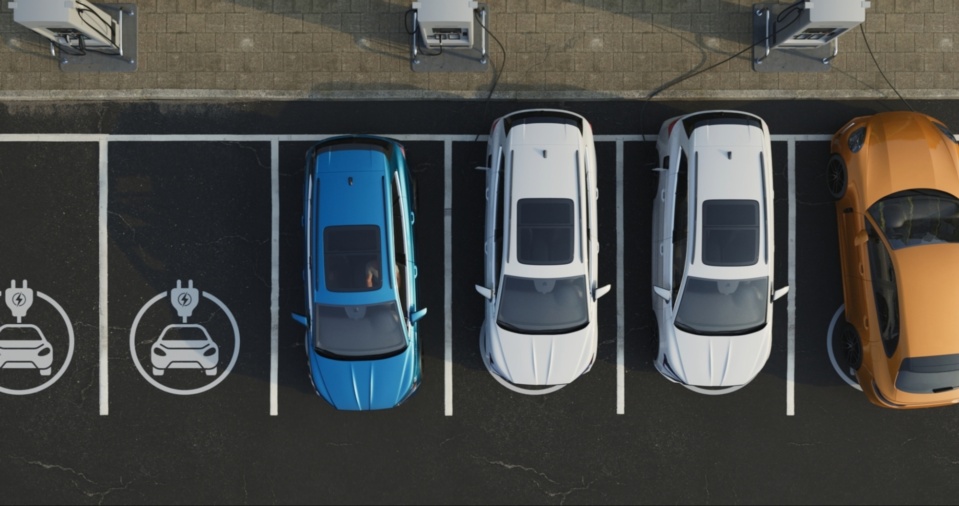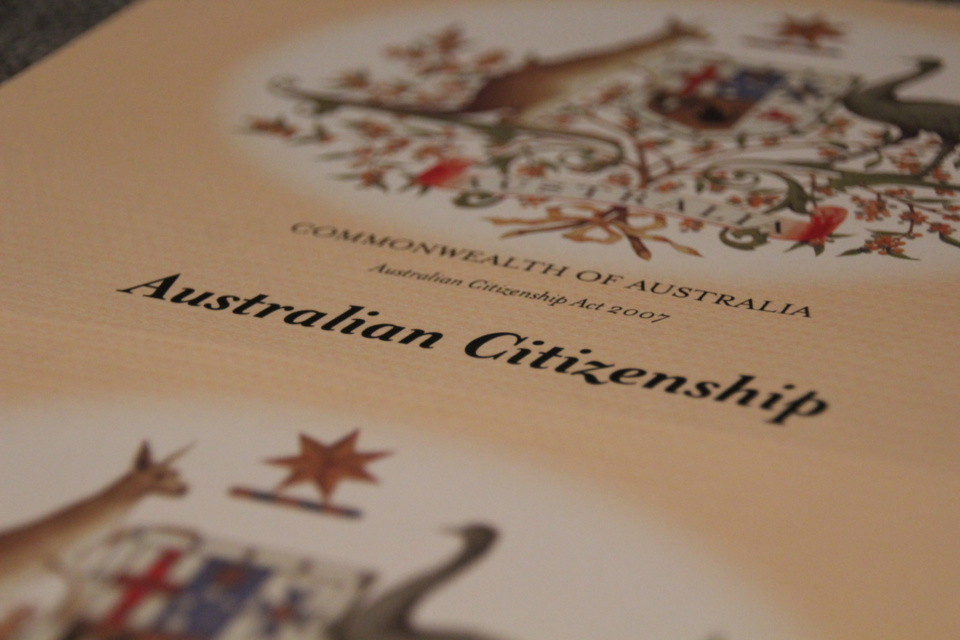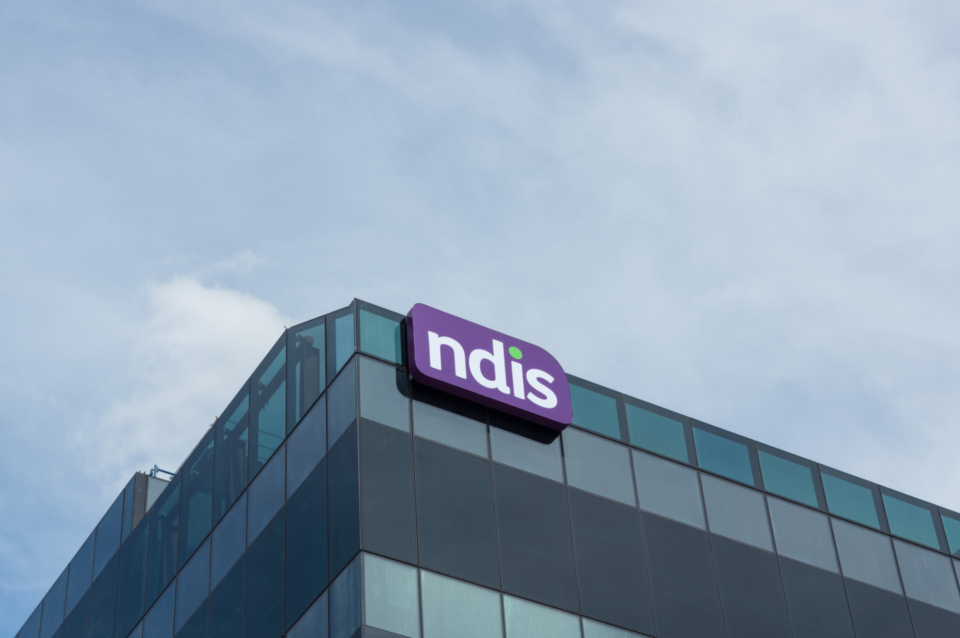
One Nation’s chances as a dominant conservative party are piñata-like
Posted on 11 Feb 2026
Opinions polls insist Pauline Hanson's fortunes are on the rise, but it is likely that enthusiasm…
Posted on 10 Dec 2024
By Denis Moriarty

Whether your enterprise is a for profit or not-for-profit outfit, ethics matter just the same, says the group managing director of Our Community, Denis Moriarty.
OpenAI, the American artificial intelligence powerhouse behind ChatGPT, is apparently in the process of transforming from a not-for-profit to a for-profit sort of social enterprise.
The legal theory behind this is a little fuzzy, but when a company has, like this one, a valuation of US$157 billion (around AU$237.5 billion), you can be sure that the proposal has the wind behind it.
OpenAI’s original not-for-profit mission was “to build artificial general intelligence (AGI) that is safe and benefits all of humanity”, and some worrywarts fear that the change of mission to “make more people billionaires” will hurry us along to the robot apocalypse.
Myself, I believe that this hysteria is just advertising hype to shift people’s attention from the company’s enormous losses, but I am directly concerned with the light all this casts on the regulation of social enterprises.
I’m the CEO of Our Community, a company that provides services to the Australian not-for-profit sector (NFPs) and government. And in Australia, the government grants a number of favours to NFPs. In particular, NFP organisations get tax breaks.
NFPs that are classified as charities get the most, but all NFPs get some, because the government thinks – quite rightly – that overall, a strong civil society where people join up and work together without government direction is a good thing. I couldn’t agree more.
But. The division between “for-profit” and “not-for-profit” is a very, very long way from the division between “good” and “bad”. Australian not-for-profits include, for example, the Bandidos motorcycle club, Pauline Hanson’s One Nation Party, the Church of Scientology, and the Minerals Council of Australia. A lot of the things I oppose with every fibre of my being are NFPs, which is as it should be.
A number of NFPs are pretty suss, and a lot of for-profits are on the side of the angels, if there were angels. Getting laws to fit that is difficult.
OpenAI is thinking of easing the transition from NFP to for-profit by becoming a benefit corporation, which would mean that while they would be allowed to make a profit for the equity holders, they wouldn’t be legally obliged to sacrifice everything to that goal.
Benefit corporations (a US thing, not available down under) can set their own standards. If you want to have independent standards (there or here), you can apply to become a B Corp.
B Corps are for-profits that have undergone a rigorous certification process and have a certificate to prove it (from B Lab, another NFP), saying that they’re socially responsible and ecologically stable. Being a B Corp carries no legal status (and no tax breaks) but it shows you’re really trying.
"I look forward hopefully to the day when Our Community is below the Australian ethical average and struggling to keep up. Every bloody company ought to be a social enterprise."
I’m pretty well up on B Corp status, because Our Community was a B Corp for quite a while, one of the first in Australia. We did pretty well, by B Lab standards – we were in the top 10% of B Corps in the world, and for five years in a row we were on the “Best for Community” list.
And then we dropped all that and went off on our own again, for much the same reason that I hadn’t set the company up as a charity in the first place.

I’m not saying that B Corp rules can’t be a helpful discipline, but if you truly want to separate the sheep from the goats, the ethical from the other, the good from the ordinary, you’re not going to get there by ticking boxes, even the very best boxes.
Those rules are a good start, and for some companies they require genuine change, but the real test is being able to back up the sentiment in the real world.
The Soviet Union’s constitution was among the most democratic in the world, but it didn’t give Stalin too many headaches. The Comancheros have written a lot of good things into their constitution, not least that no member of the club “may engage in acts of violence among any other person”, which I must admit I forgot to include in Our Community’s papers.
You have to want to do the right thing and then set the structure of incentives accordingly.
We dropped our B Corp accreditation and instead wrote our values into our constitution, mandating that commercial imperatives are afforded equal priority to our social mission, our commitment to employees, and our responsibility to the environment in which we work. Nothing’s impossible to game, but we’re running well enough financially, and our official ethicist is happy so far.
That’s what they all say, of course. There’s no way around it: you can’t trust wholly in any paper certification, you can’t delegate issues of right or wrong to any regulator, and you have to use your own judgement.
Not-for-profit or for-profit, you have to hold companies to normal standards of human decency, and you have to call them out when they treat people like packing peanuts – like making billions and then laying off 500 workers or investing in gambling. Actually, I think that kind of scrutiny is increasingly happening.
More companies are having their internal wrongs exposed, and they’re suffering more from the backlash. Increasingly, ethics count.
I look forward hopefully to the day when Our Community is below the Australian ethical average and struggling to keep up. Every bloody company ought to be a social enterprise.
Denis Moriarty is group managing director of OurCommunity.com.au, a social enterprise that helps the country's 600,000 not-for-profits.
We're proud to take a stand on progressive issues. Here's a taste of our commentary.

Posted on 11 Feb 2026
Opinions polls insist Pauline Hanson's fortunes are on the rise, but it is likely that enthusiasm…

Posted on 28 Jan 2026
This year’s Adelaide Writers’ Week began with the cancellation of a talk by Palestinian-Australian…

Posted on 17 Dec 2025
Posturing by the US president about Europe's immigration policies, even warnings of future…

Posted on 03 Dec 2025
If you wanted an example of the problems inherent in federal systems, you couldn’t do better than…

Posted on 19 Nov 2025
When it comes to loyalty to car brands, it can be confusing who we should support, and, even more…

Posted on 05 Nov 2025
Before the Prime Minister gets too excited about his recent meeting with the American President, he…

Posted on 14 Oct 2025
The idea of "long term" is not something that sits well in the social media era, yet governments…

Posted on 30 Sep 2025
I am proud of what Our Community, and its exceptional team, have achieved in the past 25 years. As…

Posted on 16 Sep 2025
Happy Australian Citizenship Day! To mark the occasion, Our Community leader Denis Moriarty takes…

Posted on 02 Sep 2025
Words live, evolve, and sometimes die. Some words are invented from scratch, some are old words…

Posted on 26 Aug 2025
The cost of the National Disability Insurance Scheme (NDIS) is climbing relentlessly – $44 billion…

Posted on 04 Aug 2025
The new leader of the Liberal Party, Sussan Ley, wants to increase the proportion of women…